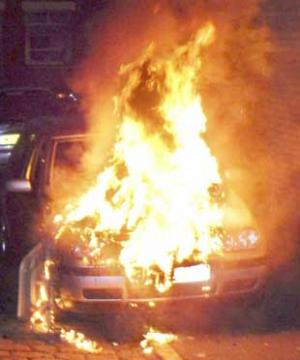Sbeghan
Veteran Member
Right now what I'm wondering is how much smoke is optimal for fuel economy?
It should be obvious that cr
eating boost pressure uses energy, both with back pressure from the turbo and more resistant in the compression stroke. Thus, if you're creating unnecessary boost you're wasting diesel.
What's the optimal level of fuel to air? I've read anywhere from stoich (14.7:1) to around 17-18:1 which is the "smoke limit" where smoke generally makes itself seen.
Has anyone done dyno tests?
No matter how much I try I can't make any smoke (even at night with a car behind me I can't make out any haze) which leads me to think that I am running far too lean.
It should be obvious that cr
eating boost pressure uses energy, both with back pressure from the turbo and more resistant in the compression stroke. Thus, if you're creating unnecessary boost you're wasting diesel.
What's the optimal level of fuel to air? I've read anywhere from stoich (14.7:1) to around 17-18:1 which is the "smoke limit" where smoke generally makes itself seen.
Has anyone done dyno tests?
No matter how much I try I can't make any smoke (even at night with a car behind me I can't make out any haze) which leads me to think that I am running far too lean.



